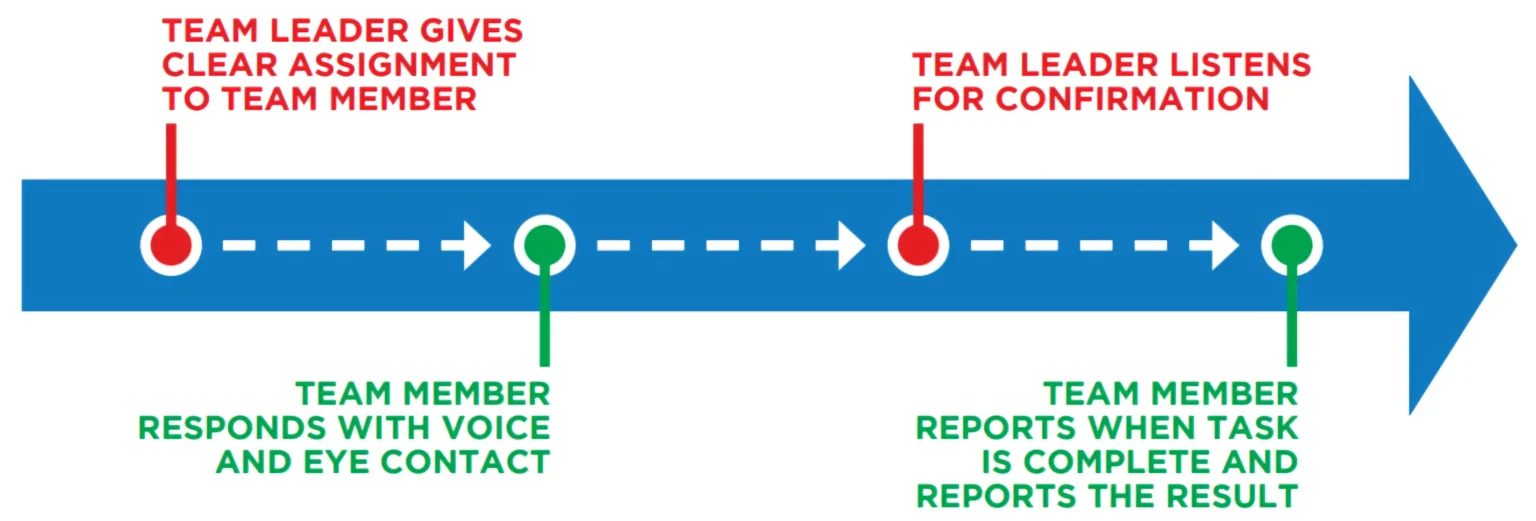- Resuscitation Team
Resuscitation Team
The ILCOR guidelines for PALS highlights the importance of effective team dynamics during resuscitation. In the community (outside a health care facility), the first rescuer on the scene may be performing CPR alone; however, a pediatric arrest event in a hospital may bring dozens of people to the patient’s room. It is important to quickly and efficiently organize team members to effectively participate in PALS. The ILCOR supports a team structure with each provider assuming a specific role during the resuscitation. This consists of a team leader and several team members (Table 1).
Clear communication between team leaders and team members is essential.

It is important to know your own clinical limitations. Resuscitation is the time for implementing acquired skills, not trying new ones. Clearly state when you need help and call for help early in the care of the person. Resuscitation demands mutual respect, knowledge sharing, and constructive criticism. After each resuscitation case, providers should spend time reviewing the process and providing each other with helpful and constructive feedback. Ensuring an attitude of respect and support is crucial and aids in processing the inevitable stress that accompanies pediatric resuscitation (Figure 1).

Closed-Loop Communication


